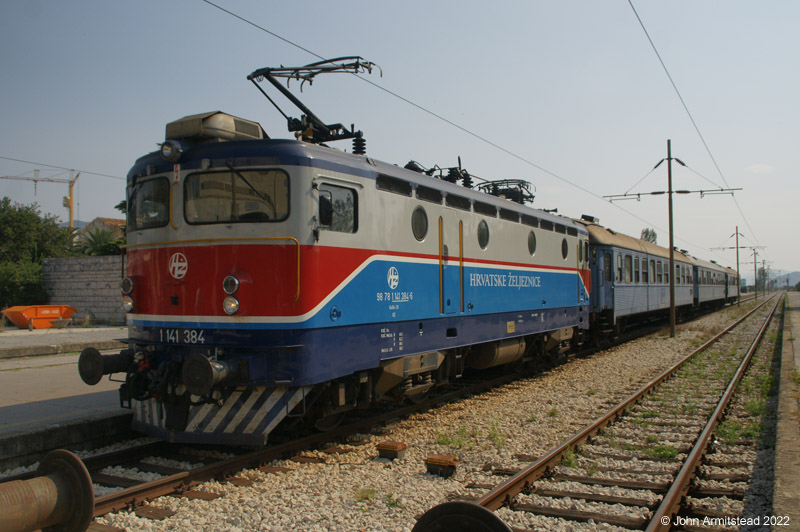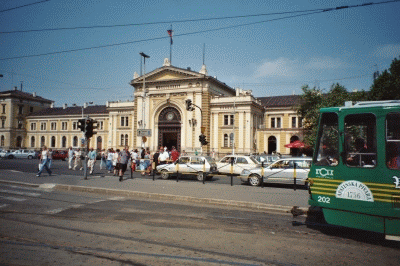The Greek economy will start recovering in the second half of 2011 but will require additional austerity measures for 2012, while unemployment is expected to soar to 15 percent next year, the European Commission forecast yesterday in its report on the next two years. The acceleration of structural reform measures and the containment of any salary increases are essential for the country’s financial streamlining, while Brussels believes that the gap in 2010 budget revenues was the main reason behind the prime minister’s decision to take extra austerity measures for 2011.
Greece’s big challenge over the next couple of years will be to return to growth while continuing its effort to reduce its deficit, the Commission estimates in its fall report. The austerity measures will continue to hinder Greek growth into 2011, the year when the country’s gross domestic product is set to decline by 3 percent. However, the first signs of recovery are set to appear in the second half of next year, while the successful implementation of the memorandum signed by Athens and its creditors will gradually restore market confidence in Greece and improve the general mood in the country. Next year will be the third and last one when Greece will be in recession, with 2012 set to see growth of 1.1 percent of gross domestic product. For this year, the Commission expects the recession to deepen to 4.25 percent of GDP, up from the most recent forecast by Greece’s creditors of a 4 percent contraction.
Brussels also expects Greece’s deficit to come to 9.6 percent of GDP (or 22.3 billion euros) in 2010 and to 7.4 percent next year, although in order to achieve the target set by the memorandum for the deficit to come in at 6.5 percent in 2012, the Commission believes that the government will need to take further measures that are not included in the memorandum. Meanwhile, the government announced yesterday an extension until December 28 of the deadline for the settlement of outstanding debts by taxpayers from the years 2000 to 2009.
News source: Ekathimerini link: article


























